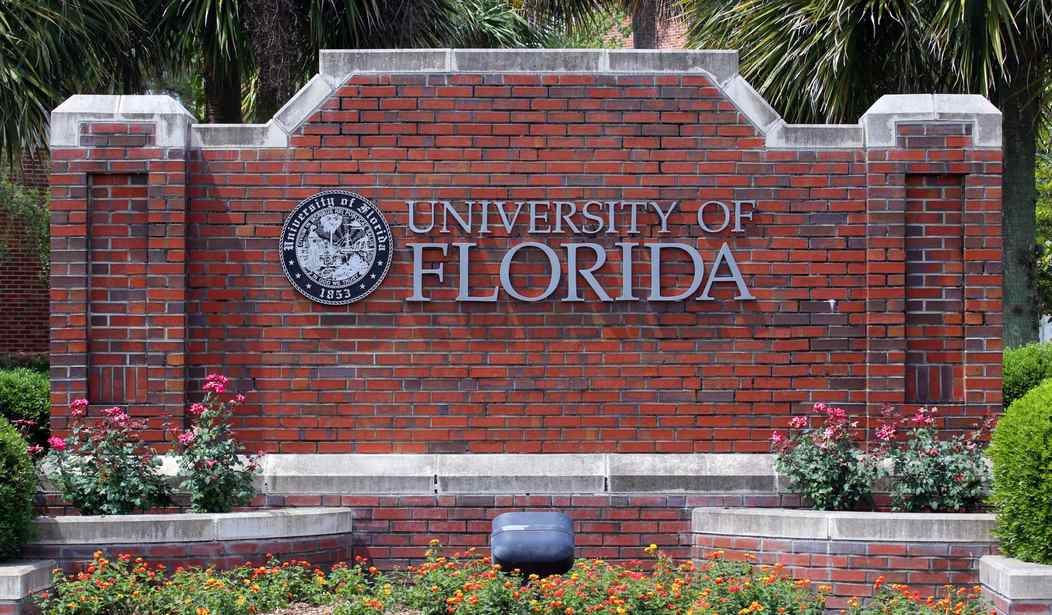In the latest safe space controversy, the University of Florida has started requiring student organizations to assess the “potential risk associated” with any events they propose. Among the “risk” factors they must assess is “emotional risk,” and no fewer than three kinds of it.
“The infantilization of students, grown adults, by institutions of so-called ‘higher learning’ is a phenomenon doing significant harm to students,” Young America’s Foundation’s Spencer Brown wrote in a statement. “Rather than preparing them for the real world, this leftist babying of college students does a disservice to the next generation.”
In proposing an event, students must identify whether it is likely to involve “emotional risk” due to one of three issues: “Sensitive Subject Matter,” “Reaction of Participants,” and “Potential Controversy.”
UF’s office of Student Activities and Involvement (SAI) explained that it uses these categories of emotional risk to determine staffing needs for events. “The P.R.E.P.S. Event Staffing Protocol is a tool used by Student Activities and Involvement (SAI) to determine staffing needs for student organizations based on the type of event as well as any potential risk associated. Each event type and risk factor are given a point value and tallied to identify if the event will need an SAI staff presence.”
Brown noted that “the real world doesn’t assign staff to oversee and protect students from events that may carry an ’emotional risk.'”
But in addition to the safe space coddling of students suggested by this policy, the need for staff based on “emotional risk” also points to something else. Most of the time, the real world doesn’t assign staff to protect students — but police do assign officers for events likely to break into violence.
There are two troubling aspects to this policy. First, as Brown pointed out, is the danger that students on college campuses — who need to be challenged, intellectually and emotionally, in order to grow — might be treated with kid gloves and graduate unable to handle the off-campus world. College is supposed to be a training ground for the real world, and should be a place where students find themselves challenged to think outside the box. If a college fails to mature its students, it is failing them, and wasting the tremendous amount of money it charges for four years of an education.
Secondly, the need to staff up events might suggest the threat of violence at campus events which should be venues for free speech and intellectual debate. Ann Coulter canceled her speech at the University of California-Berkeley due to violent threats from the Left. Middlebury College became infamous for the way Charles Murray was mistreated while giving a speech there. A professor was injured in that scuffle.
The fact that UF might want to coddle students is bad enough, but a deeper truth is also revealed in this policy. That truth is that colleges, which began in medieval Europe as havens for debate and discussion, have become hotbeds of Left-wing activists who will silence any opposition to their agenda, on the grounds that such speech is “emotionally” toxic for them.
The very institutions created to harbor dissent and foster the kind of debate that produces new ideas have become institutions of intellectual closed-mindedness and even repression. In the wake of such a cultural change, all a college like UF can do is admit defeat, asking organizations to estimate how offended the Left will be by the speech in question, and to judge how many staff are necessary to keep violence from erupting.









Join the conversation as a VIP Member